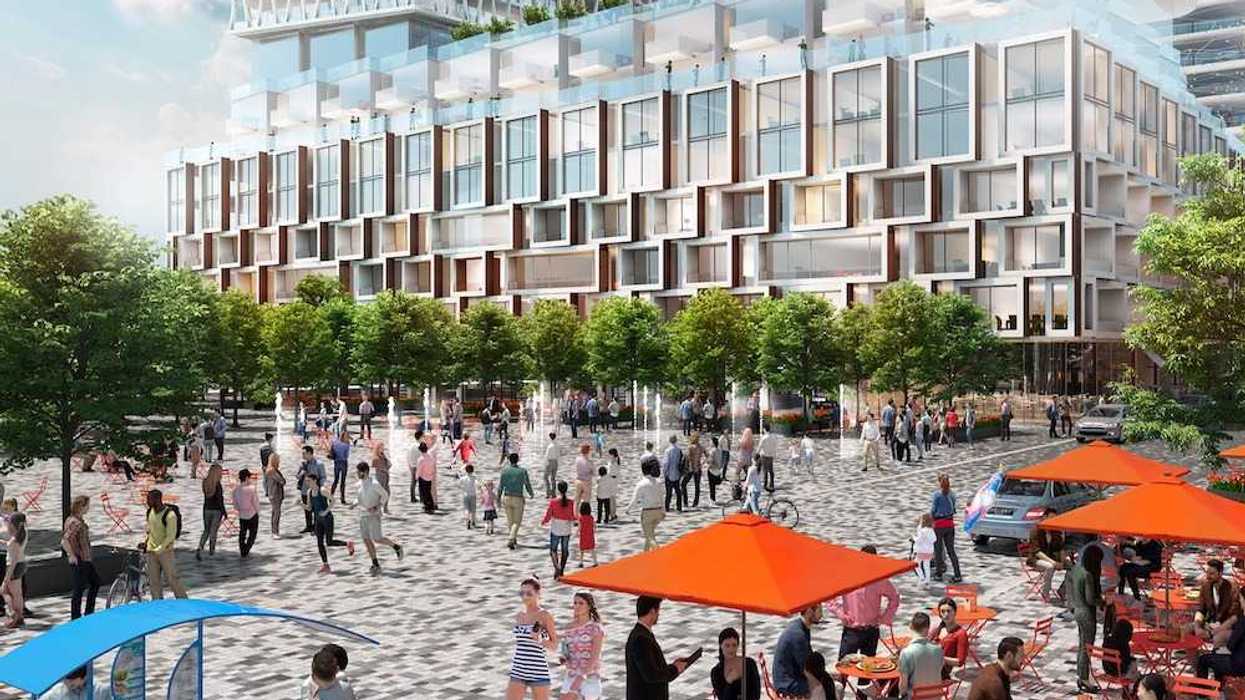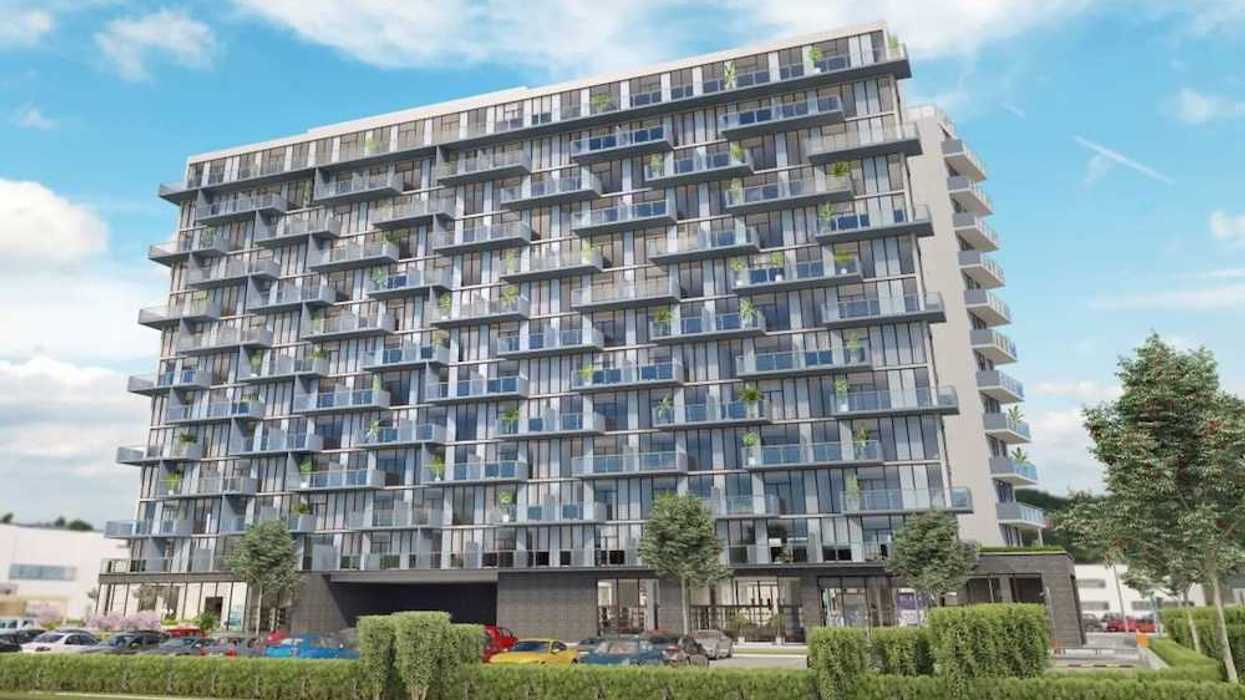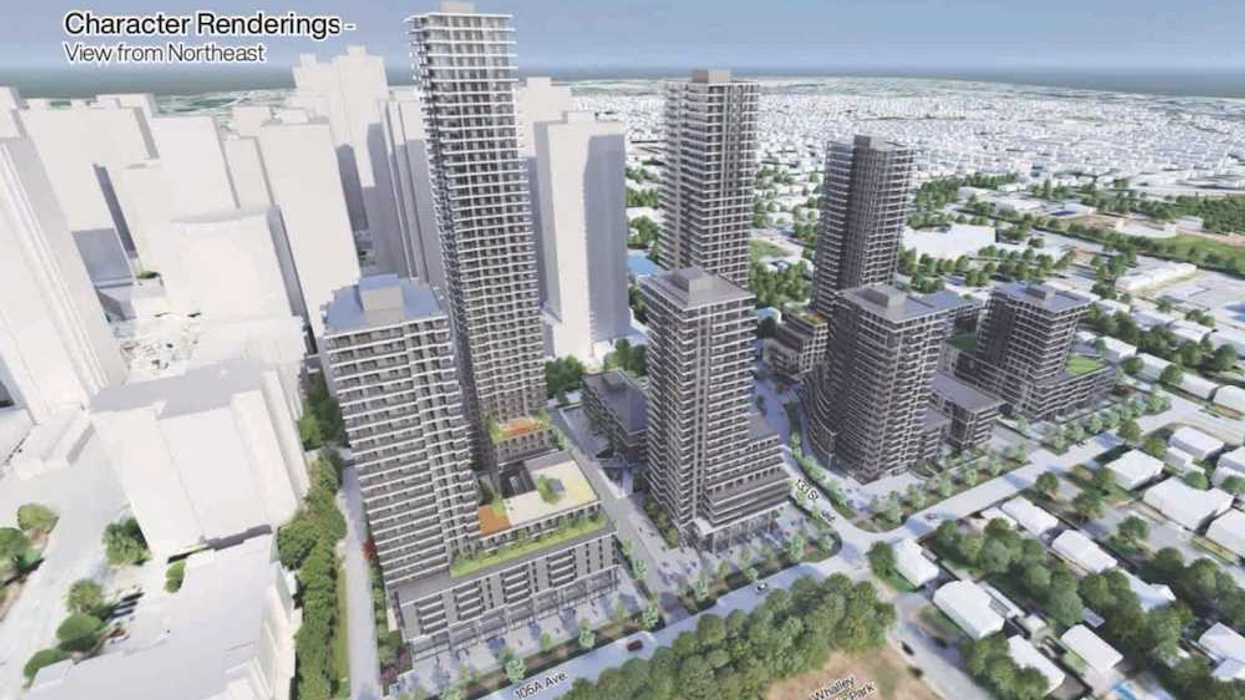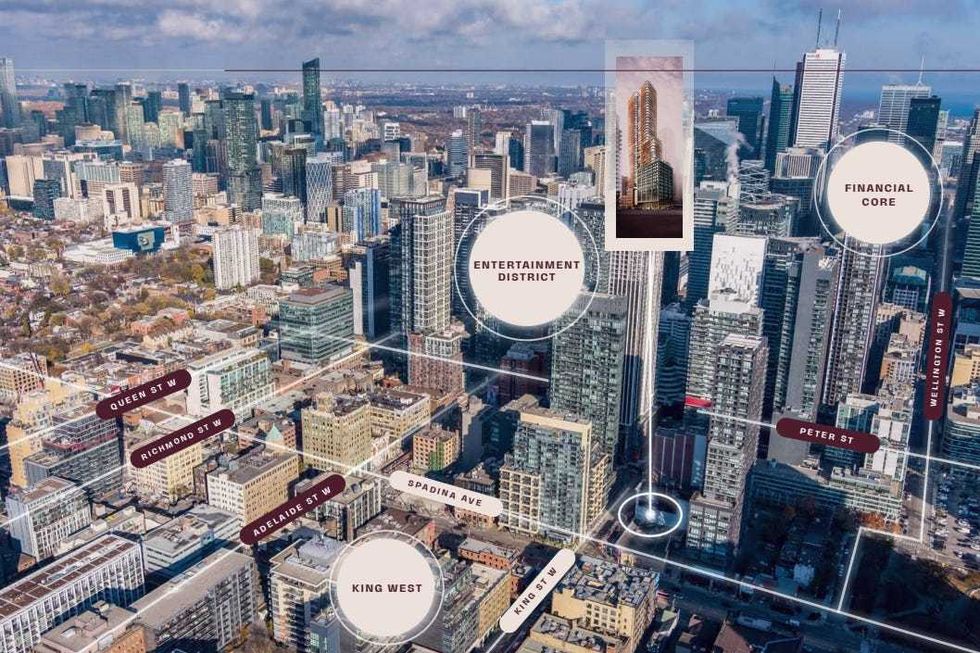Unpermitted Work
Explore unpermitted work in Canadian real estate — what it means, its risks, and why due diligence is critical for buyers and sellers.

June 27, 2025
What is Unpermitted Work?
Unpermitted work refers to construction or renovations done without obtaining the necessary approvals or permits from the local municipality.
Why Unpermitted Work Matters in Real Estate
In Canadian real estate, unpermitted work can create legal, safety, and financial risks for both buyers and sellers.
Examples include:
- Basement finishing without permits
- Structural changes without approval
- Unauthorized decks or additions
Consequences may include fines, mandatory removal, or difficulty obtaining insurance and financing.
Understanding unpermitted work helps buyers conduct due diligence and negotiate remedies, and helps sellers address potential liabilities.
Example of Unpermitted Work in Action
The buyer discovered unpermitted work in the attic renovation, leading to a reduced offer to cover permitting and compliance costs.
Key Takeaways
- Work done without required municipal permits
- Poses legal and safety risks
- Can delay or complicate sales
- May result in fines or removal orders
- Should be disclosed in property transactions
Related Terms
- Property Disclosure Statement
- Building Permit
- Permit Compliance
- Home Inspection
- Material Defect


 205 Queen Street, Brampton/Hazelview
205 Queen Street, Brampton/Hazelview







 CREA
CREA
 Liam Gill is a lawyer and tech entrepreneur who consults with Torontonians looking to convert under-densified properties. (More Neighbours Toronto)
Liam Gill is a lawyer and tech entrepreneur who consults with Torontonians looking to convert under-densified properties. (More Neighbours Toronto)

 401-415 King Street West. (JLL)
401-415 King Street West. (JLL)
 Eric Lombardi at an event for Build Toronto, which is the first municipal project of Build Canada. Lombardi became chair of Build Toronto in September 2025.
Eric Lombardi at an event for Build Toronto, which is the first municipal project of Build Canada. Lombardi became chair of Build Toronto in September 2025.